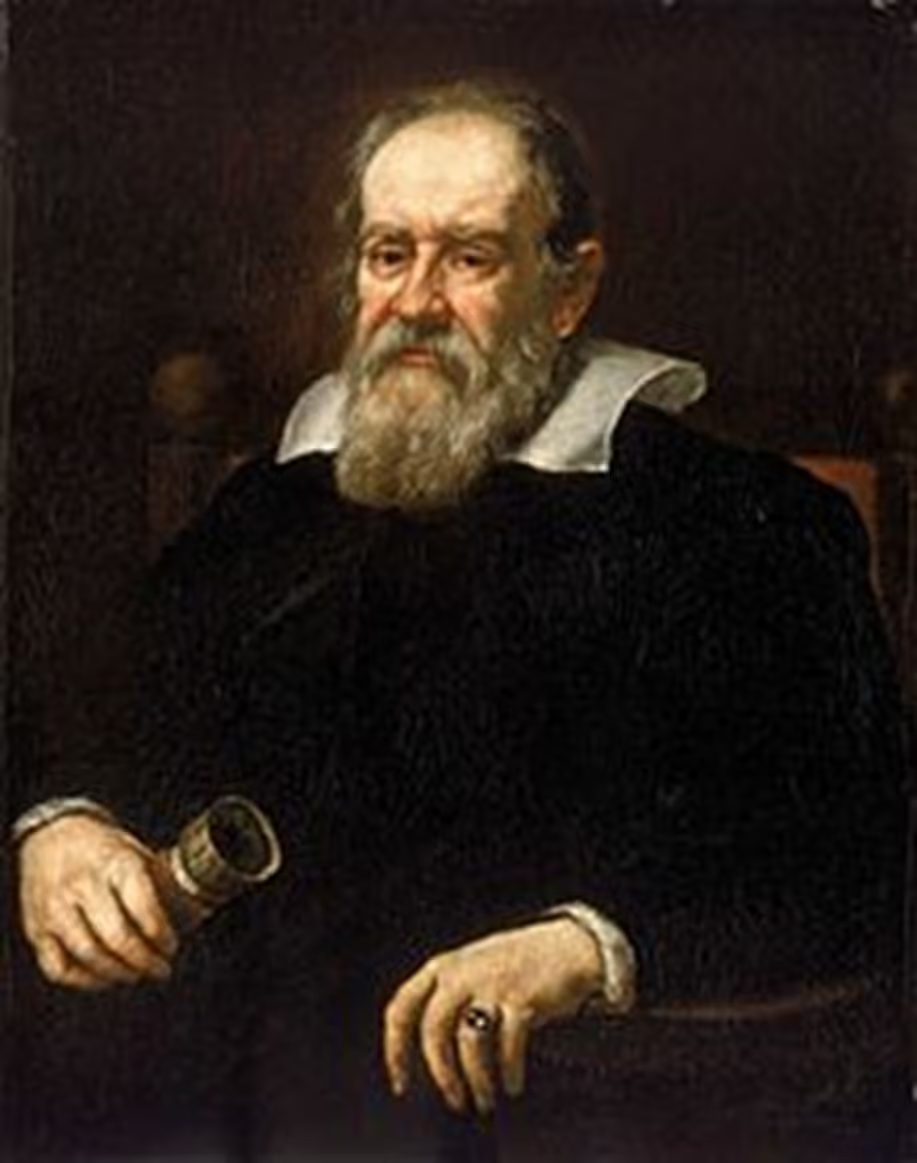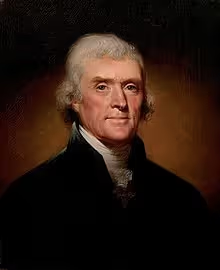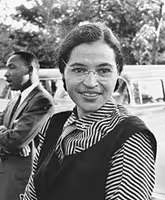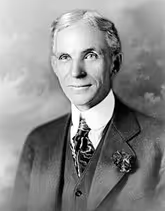.png)
Galileo studied speed and velocity, gravity and free fall, the principle of relativity, inertia, projectile motion and also worked in applied science and technology, describing the properties of pendulums and "hydrostatic balances". He invented the thermoscope and various military compasses, and used the telescope for scientific observations of celestial objects. His contributions to observational astronomy include telescopic confirmation of the phases of Venus, observation of the four largest satellites of Jupiter, observation of Saturn's rings, and analysis of lunar craters and sunspots.
Galileo was born in Pisa (then part of the Duchy of Florence), Italy, on 15 February 1564,the first of six children of Vincenzo Galilei, a lutenist, composer, and music theorist, and Giulia Ammannati, who had married in 1562. Galileo became an accomplished lutenist himself and would have learned early from his father a skepticism for established authority.
Galileo tended to refer to himself only by his given name. At the time, surnames were optional in Italy, and his given name had the same origin as his sometimes-family name, Galilei. Both his given and family name ultimately derive from an ancestor, Galileo Bonaiuti, an important physician, professor, and politician in Florence in the 15th century. Galileo Bonaiuti was buried in the same church, the Basilica of Santa Croce in Florence, where about 200 years later, Galileo Galilei was also buried.

Thomas was an American statesman, diplomat, lawyer, architect, philosopher, and Founding Father who served as the 3rd president of the United States from1801 to 1809. He was previously the second vice president of the United States under John Adams and the first United States secretary of state under George Washington. The principal author of the Declaration of Independence, Jefferson was a proponent of democracy, republicanism, and individual rights, motivating American colonists to break from the Kingdom of Great Britain and form a new nation; he produced formative documents and decisions at both the state and national levels.
As president, Jefferson pursued the nation's shipping and trade interests against Barbary pirates and aggressive British trade policies. Starting in 1803, he promoted a western expansionist policy with the Louisiana Purchase which doubled the nation's claimed land area. To make room for settlement, Jefferson began the process of Indian tribal removal from the newly acquired territory. As a result of peace negotiations with France, his administration reduced military forces. He was re-elected in 1804, but his second term was beset with difficulties at home, including the trial of former vice president Aaron Burr. In 1807, American foreign trade was diminished when Jefferson implemented the Embargo Act in response to British threats to U.S. shipping. The same year, Jefferson signed the Act Prohibiting Importation of Slaves.
During his lifetime, Jefferson owned over 600 slaves, who were kept in his household and on his plantations. Since Jefferson's time, controversy has revolved around his relationship with Sally Hemings, a mixed-race enslaved woman, and his late wife's half-sister. According to DNA evidence from surviving descendants and oral history, Jefferson fathered at least six children with Hemings, including four that survived to adulthood. Evidence suggests that Jefferson started the relationship with Hemings when they were in Paris, some time after she arrived there at the age of 14 or 15, when Jefferson was44. By the time she returned to the United States at 16 or 17, she was pregnant.

Was an American activist in the civil rights movement best known for her pivotal role in the Montgomery bus boycott. The United States Congress has honored her as "the first lady of civil rights" and "the mother of the freedom movement"
On December 1, 1955, in Montgomery, Alabama, Parks rejected bus driver James F. Blake's order to vacate a row of four seats in the "colored" section in favor of a white passenger, once the "white" section was filled. Parks was not the first person to resist bus segregation, but the National Association for the Advancement of Colored People (NAACP) believed that she was the best candidate for seeing through a court challenge after her arrest for civil disobedience in violating Alabama segregation laws, and she helped inspire the black community to boycott the Montgomery buses for over a year. The case became bogged down in the state courts, but the federal Montgomery bus lawsuit Browderv. Gayle resulted in a November 1956 decision that bus segregation is unconstitutional under the Equal Protection Clause of the 14th Amendment to the U.S. Constitution
Rosa Parks was born Rosa Louise McCauley in Tuskegee, Alabama, on February 4, 1913, to Leona (née Edwards), a teacher, and James McCauley, a carpenter. In addition to African ancestry, one of Parks' great-grandfathers was Scots-Irish and one of her great-grandmothers a part-Native American slave. She was small as a child and suffered poor health with chronic tonsillitis. When her parents separated, she moved with her mother to Pine Level, just outside the state capital, Montgomery. She grew up on a farm with her maternal grandparents, mother, and younger brother Sylvester. They all were members of the African Methodist Episcopal Church(AME), a century-old independent black denomination founded by free blacks in Philadelphia, Pennsylvania, in the early nineteenth century.

was an American industrialist, business magnate, founder of the Ford Motor Company, and chief developer of the assembly line technique of mass production. By creating the first automobile that middle-class Americans could afford, he converted the automobile from an expensive luxury into an accessible conveyance that profoundly impacted the landscape of the 20th century.
His introduction of the Ford Model Tauto mobile revolutionized transportation and American industry. As the Ford Motor Company owner, he became one of the richest and best-known people in the world. He is credited with "Fordism", the mass production of inexpensive goods coupled with high wages for workers. Ford had a global vision, with consumerism as the key to peace. His intense commitment to systematically lowering costs resulted in many technical and business innovations, including a franchise system that put dealerships throughout North America and major cities on six continents. Ford left most of his vast wealth to the Ford Foundation and arranged for his family to permanently control it.
Ford was also widely known for his pacifism during the first years of World War I, and later for promoting anti-Semitic content, including The Protocols of the Elders of Zion, through his newspaper The Dearborn Independent, and the book The International Jew.
Ford stated two significant events occurred in 1875 when he was 12. He received the watch, and he witnessed the operation of a Nichols and Shepard road engine, "...the first vehicle other than horse-drawn that I had ever seen". In his farm workshop, Ford built a "steam wagon or tractor" and a steam car, but thought "steam was not suitable for light vehicles," as "the boiler was dangerous." Ford also said that he "did not see the use of experimenting with electricity, due to the expense of trolley wires, and "no storage battery was in sight of a weight that was practical." In 1885, Ford repaired an Otto engine, and in 1887 he built a four-cycle model with a one-inch bore and a three-inch stroke. In 1890, Ford started work on a two-cylinder engine.
In 1891, Ford became an engineer with the Edison Illuminating Company of Detroit. After his promotion to Chief Engineer in 1893, he had enough time and money to devote attention to his experiments on gasoline engines. These experiments culminated in 1896 with the completion of a self-propelled vehicle, which he named the Ford Quadricycle. He test-drove it on June 4. After various test drives, Ford brainstormed ways to improve the Quadricycle
INFORMATION GOT FROM WIKIPEDIA
ALICHA OLIVIER

.png)
Contribute to your future, a Non Profit Organization and buy us a Coffee with 3 simple clicks and a minute of your time. Imagine what we can do together.
To thank you, we will call you personally.
This is the amount that will be distributed amongst the current shareholders.
Current Share Holders
1102/500,000